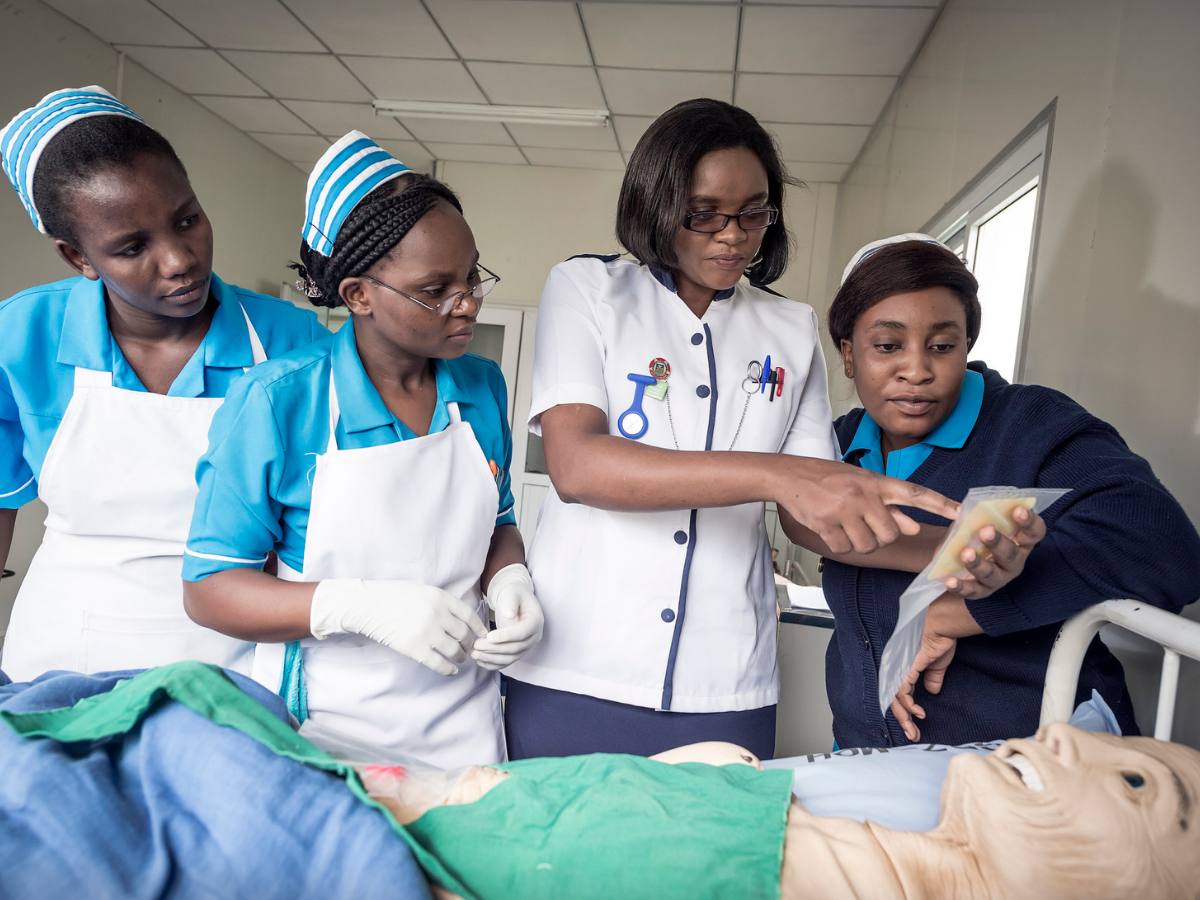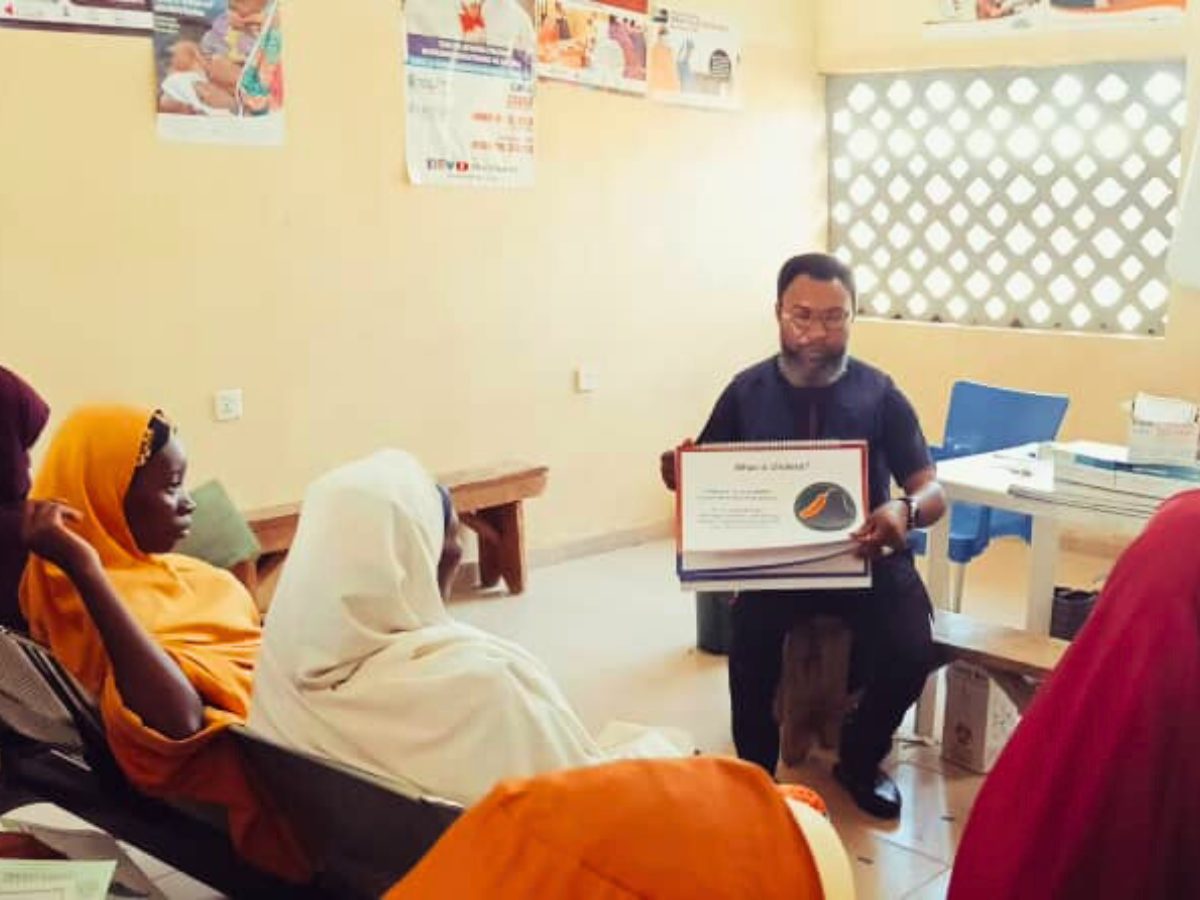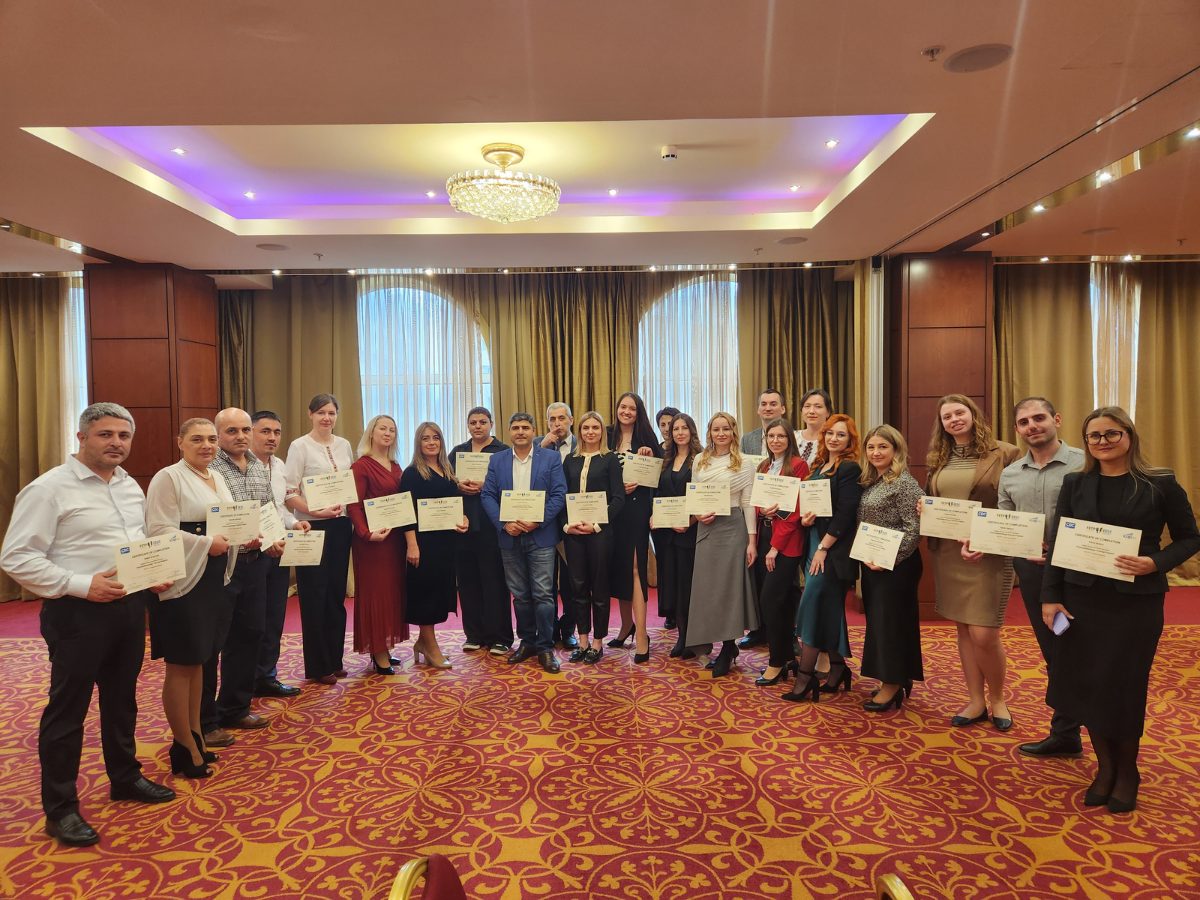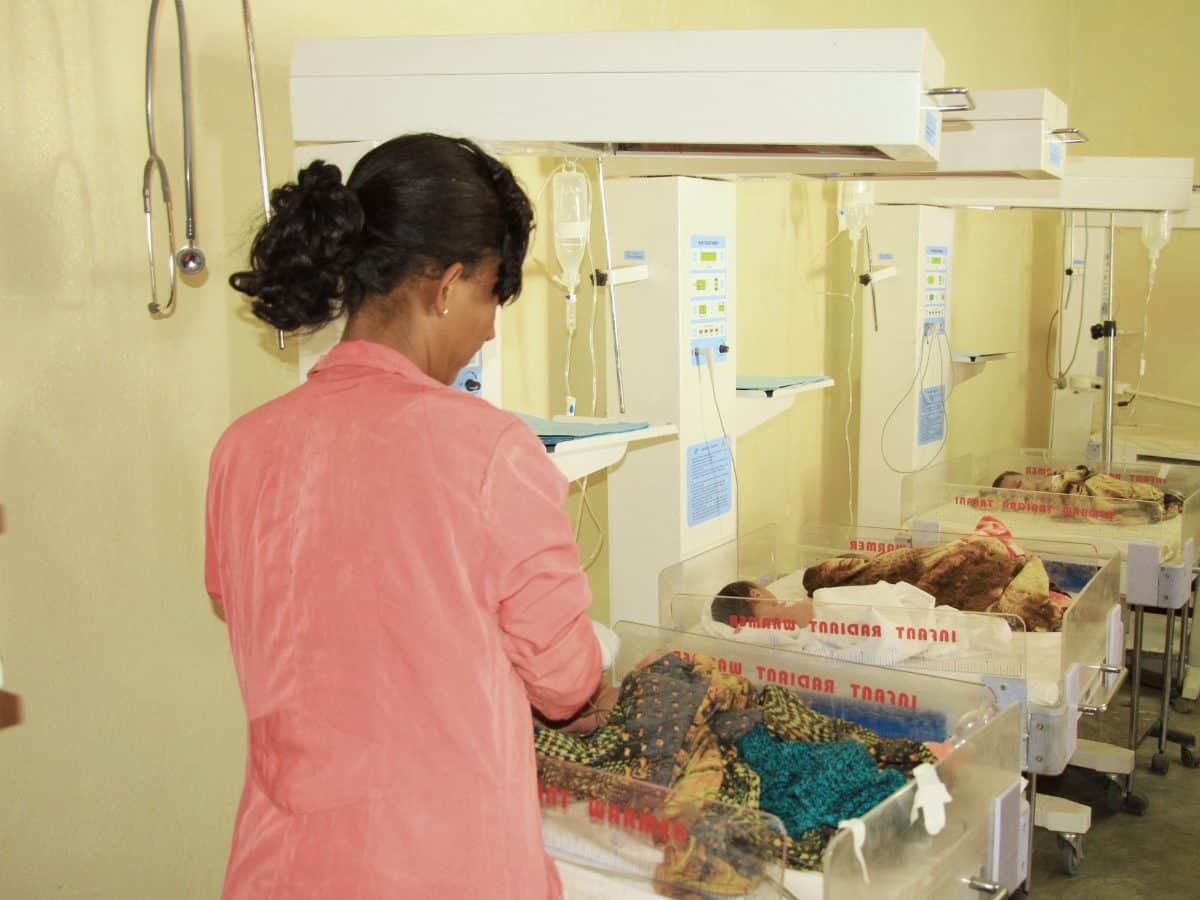During World Health Worker Week from April 4-8, 2022, ICAP joins the Frontline Health Workers Coalition, the World Health Organization (WHO), and the human resources for health community to celebrate frontline health workers and recognize their importance in our global health system. It is an important moment to pause and acknowledge the significant contributions and tremendous dedication of health workers, including nurses and midwives, who continue to serve on the frontlines of the ongoing international response to the COVID-19 pandemic.
The week’s theme – Build the Health Workforce Back Better – recognizes the need to support the future health workforce through long-term investments and policies to better train, deploy, equip, protect, retain, and support frontline health workers, particularly in low- and middle-income countries. It is a theme that resonates with ICAP. For nearly 20 years, ICAP has proudly promoted, protected, and prepared health workers globally. From expanding and enhancing the nursing and midwifery workforce and institutionalizing an innovative infection, prevention, and control certificate program in Sierra Leone to providing personal protective equipment and adapting to tele-mentoring amid COVID-19 and political unrest, ICAP has been there to address and respond to the wide-ranging needs of frontline health workers.
World Health Worker Week 2022 also underscores the need to expand competency-based education and training as a critical lever to achieving progress towards universal health coverage (UHC). As a widely recognized benchmark for transforming education and training of the health workforce, competency-based education has the potential to greatly improve population and health outcomes. To support strong health systems and health workers, the WHO launched its Global Competency and Outcomes Framework towards UHC on, April 4, 2022. The framework will provide guidance to align education strategies with context, health systems, and population health needs.
“ICAP has been a leader in the development of competency-based education approaches, and we look forward to working with WHO to roll out the use of this new framework,” said Susan Michaels-Strasser, ICAP’s senior director of Human Resources for Health Development. “It promises to serve as an important guide for improving access to health workers who are equipped with essential skills and abilities to drive greater access to primary health care.”
About ICAP
A major global health organization that has been improving public health in countries around the world for nearly two decades, ICAP works to transform the health of populations through innovation, science, and global collaboration. Based at Columbia Mailman School of Public Health, ICAP has projects in more than 30 countries, working side-by-side with ministries of health and local governmental, non-governmental, academic, and community partners to confront some of the world’s greatest health challenges. Through evidence-informed programs, meaningful research, tailored technical assistance, effective training and education programs, and rigorous surveillance to measure and evaluate the impact of public health interventions, ICAP aims to realize a global vision of healthy people, empowered communities, and thriving societies.








